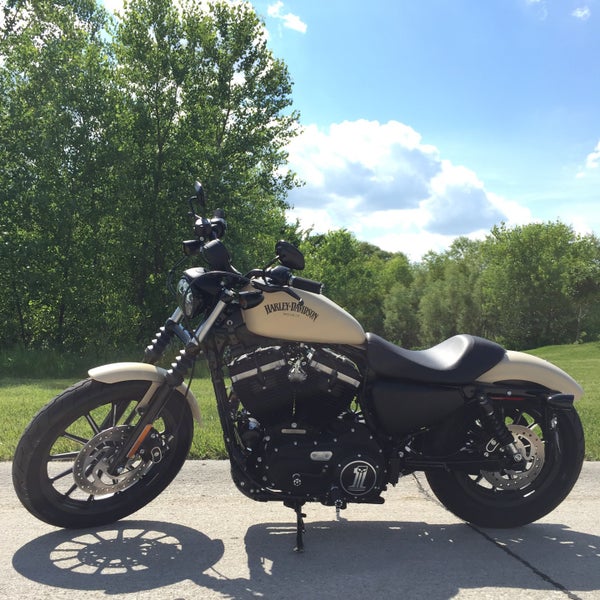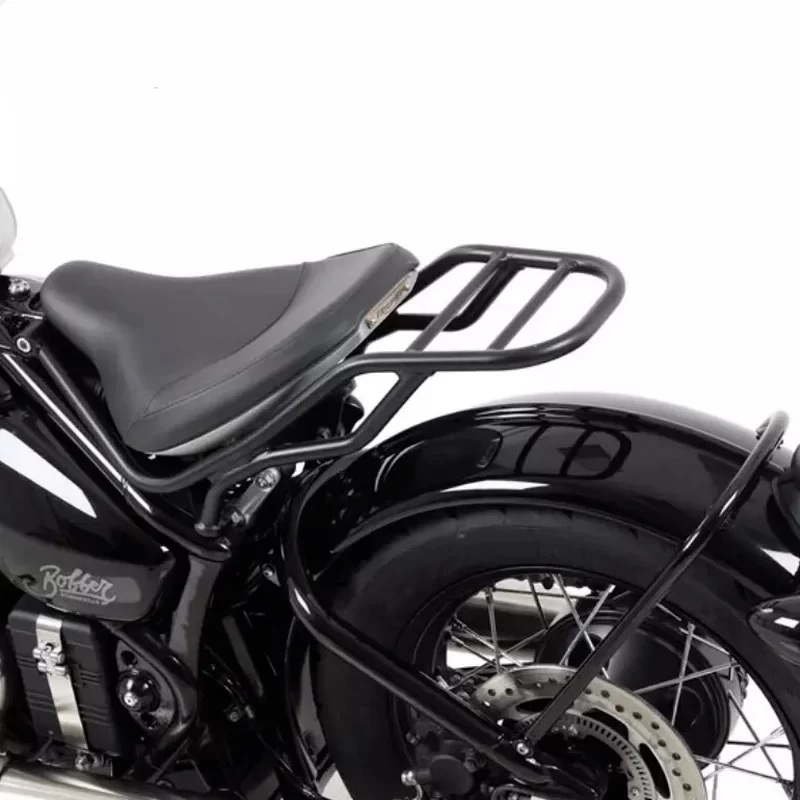Motorcycle accidents are a tragic reality that can lead to devastating consequences for riders and their families. The city of Omaha, like many urban areas across the United States, sees its share of motorcycle accidents every year. These incidents can result in severe injuries, fatalities, property damage, and a range of emotional and legal complications. Understanding the dynamics of motorcycle accident omaha, their common causes, and the ways to prevent them is crucial for both riders and other road users.
The Rising Trend of Motorcycle Use in Omaha
In recent years, there has been a noticeable increase in the number of motorcycle riders in Omaha. Several factors contribute to this trend:
Economic Factors
As gas prices fluctuate, many individuals seek alternatives to traditional vehicles. Motorcycles are often viewed as more economical means of transportation. Their smaller size typically means they use less fuel, making them an appealing option for budget-conscious individuals.
Lifestyle Changes
The growing emphasis on a minimalist lifestyle has led many people to downsize and seek more efficient modes of transport. Motorcycles offer a sense of freedom and adventure that many urban dwellers find attractive.
Social Influence
Motorcycles often symbolize rebellion and freedom, and with the influence of social media, the allure of motorcycle culture can draw more individuals to take up riding. This growing community, while enriching for many, also increases the risk of motorcycle accidents in Omaha.
Common Causes of Motorcycle Accidents
Understanding the causes of motorcycle accidents can help reduce their frequency and severity. Several common factors contribute to these incidents in Omaha:
Distracted Driving
One of the leading causes of accidents involving motorcycles is distracted driving. Whether it’s texting, adjusting the radio, or engaging with passengers, distractions divert attention from the road. Unfortunately, drivers of larger vehicles often fail to notice motorcycles due to their smaller size, especially if they’re not paying full attention.
Speeding and Recklessness
Excessive speed remains a significant concern for motorcycle riders. Speeding reduces a rider’s ability to react quickly to unexpected obstacles, such as potholes or sudden changes in traffic patterns. Moreover, reckless behavior—like weaving between lanes or tailgating—can lead to severe accidents.
Lack of Experience
Many accidents involve inexperienced riders who may not be fully equipped to handle the complexities of riding a motorcycle. Inadequate training and knowledge can lead to poor decision-making in risky situations.
Poor Road Conditions
In cities like Omaha, road maintenance can fall short of ideal standards. Potholes, uneven surfaces, and insufficient signage can pose serious hazards for motorcyclists. Riders must constantly assess road conditions and be prepared for unexpected changes.
Weather Conditions
Adverse weather can also play a critical role in motorcycle accidents. Rain, snow, and even strong winds can create challenging riding conditions. Wearing appropriate gear and adopting a cautious approach during inclement weather is vital for bikers.
Safety Precautions for Motorcycle Riders
Given the inherent risks associated with motorcycle riding, it is essential to adhere to safety protocols to minimize the likelihood of accidents in Omaha. Here are some safety measures all riders should consider:
Proper Training and Licensing
Before hitting the road, obtaining the appropriate training and motorcycle endorsement is crucial. Classes provide essential knowledge about motorcycle handling, traffic rules, and emergency response techniques.
Protective Gear
Wearing suitable protective gear significantly reduces the risk of injury in an accident. A DOT-approved helmet, protective clothing, gloves, and sturdy boots can be lifesaving.
Defensive Riding
Defensive riding entails staying alert, anticipating dangers, and maintaining a safe distance from other vehicles. The ability to quickly assess changing road conditions and traffic patterns is vital.
Regular Maintenance
Keeping the motorcycle in good working condition is fundamental. Regular checkups on brakes, tires, lights, and fluids can prevent mechanical failures that may lead to accidents.
Avoiding Impairment
Riding under the influence of alcohol or drugs is a leading cause of roadway accidents. Riders should always prioritize sobriety, ensuring they are fully aware of their surroundings while riding.
Legal Implications of Motorcycle Accidents in Omaha
Motorcycle accidents can have extensive legal ramifications, impacting both the rider and the other parties involved.
Liability Issues
Determining liability in a motorcycle accident often involves examining the circumstances leading to the incident. Factors such as negligence, road conditions, and adherence to traffic laws are all considered. In many cases, comparative negligence laws come into play, attributing percentage-based fault to each involved party.
Insurance Considerations
Motorcycle insurance operates differently than standard vehicle insurance. Riders must ensure they have adequate coverage to protect against damages and liabilities resulting from an accident. In Omaha, laws may require minimum coverage levels, but obtaining additional protection can provide peace of mind.
Personal Injury Claims
If a rider suffers injuries due to another party’s negligence, they may have the opportunity to file a personal injury claim. This can encompass medical expenses, lost wages, and emotional distress. Navigating the legal landscape following an accident can be complex, often necessitating consultation with a knowledgeable attorney specializing in motorcycle accidents.
The Emotional Aftermath of Motorcycle Accidents
The impact of a motorcycle accident extends beyond physical injuries. Survivors, families, and loved ones often grapple with psychological challenges post-incident, making the emotional toll as significant as the physical.
Trauma and PTSD
Survivors of motorcycle accidents may experience symptoms of anxiety or post-traumatic stress disorder (PTSD). These emotions can manifest as nightmares, flashbacks, or a heightened sense of fear when on the road. Seeking therapy can help address these issues.
Grief and Loss
For families who lose a loved one in a motorcycle accident, the grief can be overwhelming. Coping with loss involves navigating a range of emotions, from anger to sadness. Family support systems and professional counseling resources can assist in managing this grief.
Financial Struggles
Medical bills, lost wages, and other expenses can create financial hardship for those affected by motorcycle accidents. This pressure can exacerbate emotional stress, leading to a cycle that can be difficult to break. Understanding available resources can help minimize some of these burdens.
 Community Initiatives for Motorcycle Safety
Community Initiatives for Motorcycle Safety
Omaha has made strides in promoting motorcycle safety through community outreach and awareness programs. Local organizations and advocacy groups have taken the initiative to emphasize the importance of safe riding practices and educate the public about motorcycle awareness.
Safety Workshops
Regular safety workshops provide riders with the latest information on riding techniques, maintaining equipment, and understanding state laws related to motorcycle use.
Public Awareness Campaigns
Public campaigns aim to educate drivers and motorcyclists about the shared responsibility of road safety. Initiatives often include signage, community events, and partnerships with local law enforcement to foster a culture of awareness.
Motorcycle Clubs and Associations
Local motorcycle clubs sometimes participate in advocacy efforts to promote safety and injury prevention. They often engage in charitable activities that raise funds and awareness for motorcycle safety education.
Conclusion
Motorcycle accident Omaha represent a significant concern that affects not only the riders but also the broader community. By understanding the factors contributing to these accidents and emphasizing safety measures, individuals can work toward reducing the incidence of such tragic events. Additionally, raising awareness about the legal and emotional ramifications of motorcycle accidents can empower riders and their families to make informed decisions. Ultimately, fostering a culture of safety, awareness, and support is vital to preventing motorcycle accidents and protecting lives in Omaha.


